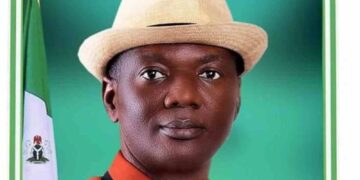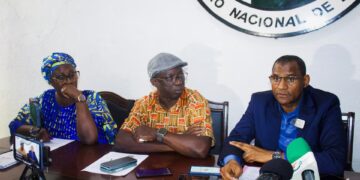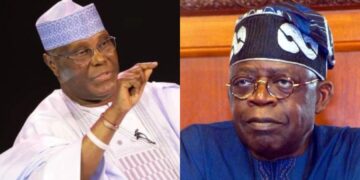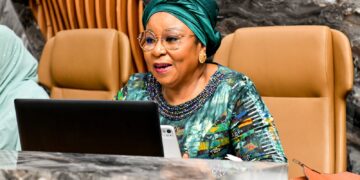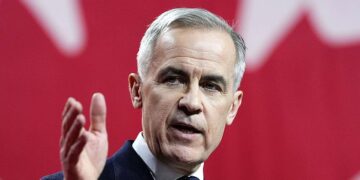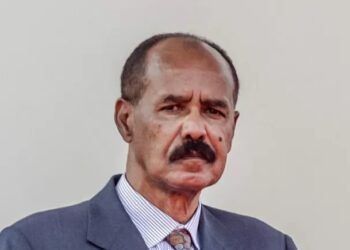African leaders are gathering in Ethiopia this weekend to push for reparations over slavery and colonialism, but they are likely to face strong opposition from former colonial rulers, many of whom have made it clear they have no plans to make amends for past injustices.
Although the call for reparations has gained momentum globally, so has the resistance. US President Donald Trump has said he “doesn’t see it (reparations) happening,” and several European leaders have outright dismissed the idea of engaging in such discussions.
At the African Union (AU) summit in Addis Ababa, leaders are working towards a shared strategy for reparations. This could include financial compensation, formal apologies, and changes in global policies that continue to disadvantage African nations.
“Reparations is the hot topic in Addis Ababa,” the AU’s Economic, Social, and Cultural Council (ECOSOCC) wrote on X.
From the 15th to the 19th centuries, over 12.5 million Africans were forcibly taken from their homeland, transported across the ocean by European traders, and sold into slavery.
According to ECOSOCC, the conversation on reparations must go beyond history and examine how the impact of slavery and colonial rule still lingers today from ongoing racial discrimination to the economic imbalance between Africa and wealthier Western nations.
“It is increasingly becoming impossible to ignore the damage caused by slavery and colonialism,” said Alfred Mavedzenge, a legal expert from Zimbabwe who specialises in reparations.
Many of the economic struggles African nations face today can be traced back to the heavy financial burdens inherited at independence.
Additionally, the effects of climate change, largely caused by industrialised nations, have hit Africa particularly hard, despite the continent contributing only a small fraction of global emissions.
More Than Just Payouts
In countries like Britain and Portugal, reparations discussions have mostly focused on whether financial payments should be made, but advocates argue that justice requires a much broader approach.
“Reparations are more than just compensation,” said ECOSOCC’s Head of Secretariat, William Carew. “It is about… ensuring future generations inherit a world that acknowledges their past and propels them towards a brighter future.”
The AU, in a statement, suggested that reparations could involve restoring land taken from indigenous communities, returning cultural artefacts seized during colonial rule, and implementing policies that correct deep-rooted inequalities.
The organisation also emphasised the importance of holding former colonial powers accountable through international institutions like the United Nations.
“This might involve diplomatic pressure or legal actions at international courts,” the AU said.
Last year, the AU partnered with the Caribbean Community (CARICOM) to push for reparations. CARICOM has already developed a detailed proposal that includes calls for investment in healthcare, education, and advanced technology to address the lingering effects of slavery and colonisation.
A Growing Political Divide
Despite years of advocacy, little progress has been made since the AU’s predecessor, the Organisation of African Unity, first raised the issue of reparations three decades ago.
Jose Maria Neves, the President of Cape Verde, has pointed out that the rise of right-wing politics has made it even harder to have serious discussions on the matter.
In Portugal, which was one of the biggest players in the transatlantic slave trade, the far-right party Chega recently attempted to charge the president with treason simply for suggesting that reparations should be considered.
In Britain, conservative politician Nigel Farage argued that Prime Minister Keir Starmer would appear “weak” if he agreed to negotiate on reparations. In France, where right-wing parties are gaining ground, President Emmanuel Macron has rejected reparations outright, calling instead for “reconciliation.”
“My greatest concern is that there will just be a conversation at this (AU) summit, but the resolutions will not be implemented,” Mavedzenge warned.







